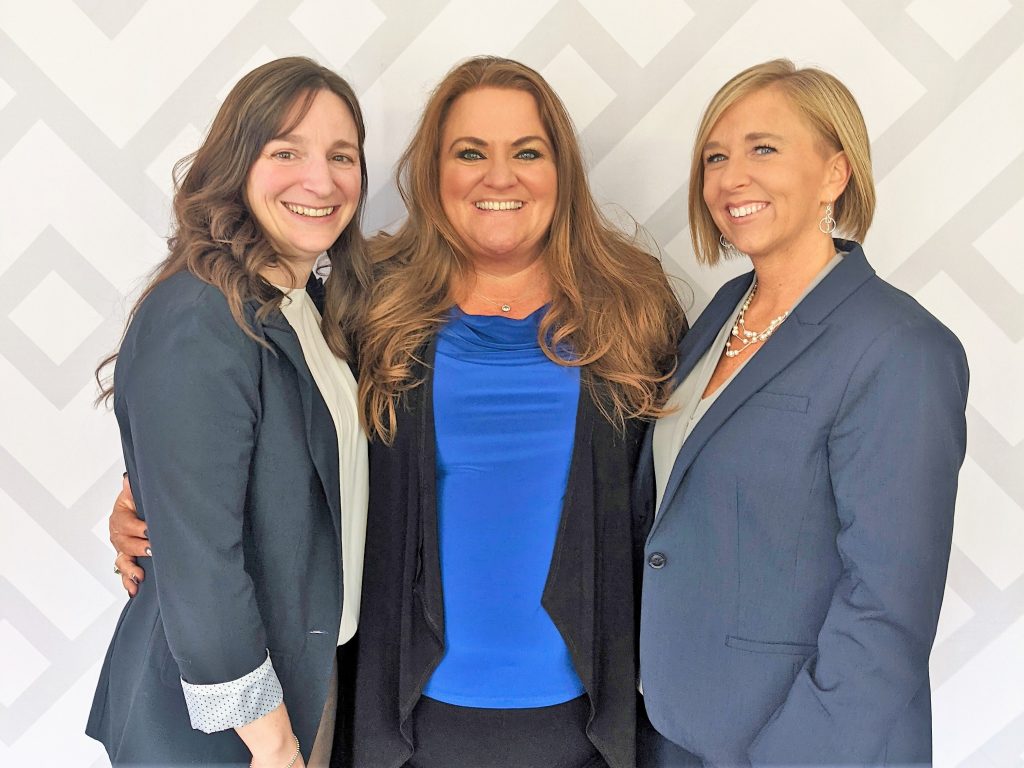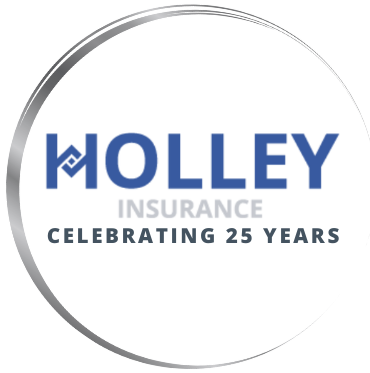You’re one click away from better coverage. Start your quote with Holley Insurance today!
-
Our Phone: (540) 334-4225
-
Our Email: service@holleyinsurance.com
Let’s take a look at Erie Insurance Business Audits.
While the idea of an insurance audit may sound scary, it can actually a benefit to you and your business. An accurate audit could end up saving you valuable time and money. If you have workers’ compensation and/or general liability coverage for your business, there’s a good chance that you will be audited by your insurer, whether you are with Erie Insurance or not. Today, let’s focus on how an audit works as an Erie customer.
First – What IS a Business Insurance Audit?
An audit is the examination of your business, records and books to determine your actual insurance exposure. You can think of “exposure” as your payroll, receipts or sales, number of employees, etc. The goal of an audit is to make sure that your coverage is up to date and that you are paying the proper amount. It ensures that the insurance company does not overcharge or undercharge you for your business coverage.
When you initially purchased your policy, the original premium charged for workers compensation and general liability coverage were estimated using different rating bases and the classifications that apply to your work during the policy term. Premiums for general liability insurance are calculated on different variables (like payroll, receipts, sales, units, etc.), and premiums for workers compensation are estimated on payroll.
As you know, your sales, payroll and other variables fluctuate during your term. Maybe you had to hire more employees so your payroll is higher. More employees = a greater potential risk for someone you employ to have to file a workers’ compensation claim. It’s important that your policy reflects this change. Please let us know immediately if your business experiences a change like this so we can increase your estimates of exposure.
Remember that your audit is done to get your insurance rating information only – the information is considered confidential and not given to the government to calculate taxes.
Who Conducts the Erie Insurance Business Audit?
If you are chosen for an audit, it will be conducted by an employee of Erie Insurance or an independent auditing firm, depending on the size of your firm and the types of business you have. You can expect the audit to happen usually 60 days after the expiration date of the policy period so that any premium adjustments may be processed into your premium cycle.
There are three types of Erie Insurance business audits that can be conducted:
1. Questionaire Audit: You will be mailed a letter that provides a website and a password where you’ll need to go to fill out an online questionnaire about your business. We have step-by-step instructions for filling out this form here.
2. Telephone Audit: You’ll be contacted over the phone by an auditor who will interview you. Don’t worry – they’ll initially receive a letter with a date and two-hour window in which the auditor will call you, so you have a chance to get all of your information ready.
3. Physical Audit: In this case, an auditor will meet with you in person to gather the audit information.
Tips for Avoiding Erie Insurance Business Audit Surprises
1. Keep accurate sales and payroll numbers. This can be done by using accounting software or working directly with your accountant to insure you have correct numbers.
2. Don’t wait until the audit is happening to update your insurance agency on new numbers. If you have a huge change in payroll or sales during the year, please let us know as soon as you can. It may make sense to adjust your estimated payroll and sales during the year rather than having a huge adjustment after the audit. Give us a call and let us know what’s happening with your business. We can advise you on the best plan of action.
3. Leave a little cushion. If we overestimate your sales and payroll, you will receive a refund check after your audit. If we underestimate, you will owe us AND your premium for the following year will be increased. Let’s avoid this. As you can imagine, we find that our clients are the most happy when we give them a small credit – so let’s shoot for that.
Results of the Erie Insurance Business Audit
Erie Insurance Business Audits are conducted at the end of a policy period to determine your actual exposure during the term. The final premium is determined using the actual (not estimated) information. Adjustments to your premium will be made on this information.
If your estimates are not accurate, here’s what will happen. When your estimate is too low, you’ll receive a bill for the additional premium for the audit period and current year. And if your estimate is too high, you’ll receive a refund, which is usually a credit to your current policy.
Have Questions?
We know the Erie Insurance Business Audit process can seem confusing and we are here to help. If you have any questions about your current exposure or how the audit process works, let us know.
Reach out to us so we can help you through this. Either call us or feel free to email our staff or service@holleyinsurance.com.


